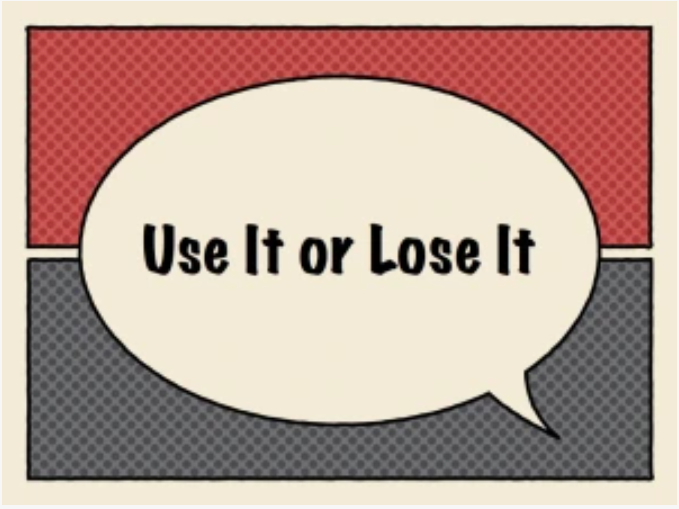Brand Personality: Why It’s Important, How To Use it
We’ve talked about sharing your brand story and we’ve talked about spicing up your marketing strategy, but we haven’t really discussed the je ne sais quoi that is going to make you memorable as a brand, whether you are a solopreneur or a global business.
Let’s take a look at you personally. I am sure at one point or another you have taken a personality test (sometimes they are dead on!). In some form, these five attributes would have been evaluated: Openness (ie. Curious v. Cautious); Conscientiousness (ie. Efficient v. easy-going); Extraversion (ie. Outgoing v. solitary); Agreeableness (ie. Compassionate v. Unkind); and Neuroticism (ie. Nervous v. Secure). Or perhaps you have discussed right-brained v. left brained? Whatever your approach to personality type as an individual, you should approach developing your brand personality in a similar way.
Brand personality is generally defined as a set of human characteristics associated with a brand. Seems simple and straight forward. But why does this matter for you in business and how do you decide what your brand’s personality is?
Developing your brand personality is important for the following reasons:
It can help you stand out from the crowd. No one said that you have to fit nicely inside a box.
Allows your audience to connect with you on a personal level because they can relate to you.
The impression you give to your audience is how they will perceive you, why not be in control of that impression?
It will help you get to know and understand your audience better because they feel connected.
It will serve as the basis for your all of your marketing and communications
You develop your brand personality by taking into consideration the following:
“You are the company you keep” is an adage that applies here. If you want to be known as an expert in your field, connect with other experts.
Money can’t buy you a personality. Paying for likes or followers is not going to get you anywhere because that is empty audience support. In the same way, paying someone to give you a good review will also reflect poorly on you. Newsflash, people will find out.
Your product attributes will affect your brand personality. For example, if you are a luxury brand that targets a high-income audience, you may be high-class, sophisticated, and exclusive whereas a more grassroots brand could be trendy, down-to-earth, and approachable.
How long has your brand been around? Something like Apple would have younger personality traits than IBM.
What personality traits do your target customers have? Remember, it is them you want to relate to most. If you are going after the serious, corporate law firm, perhaps you shouldn’t be portraying a fun, flirty vibe.
Now that you know how to find it, here’s how you can use it:
Entice your customers to wear your brand personality as a representation of their own personal statement. It can be a status symbol or a show of support for a cause.
It can demonstrate product/service functionality and benefits.
Use it to develop content for your content strategy. Sure you are selling a product, but try to make a connection through your tone of voice rather than just listing off benefits.
Make your personality known through interactive events either online or in person.
Whatever personality you feel best demonstrates your brand, it’s important to both acknowledge it and commit to it throughout your marketing strategy.



